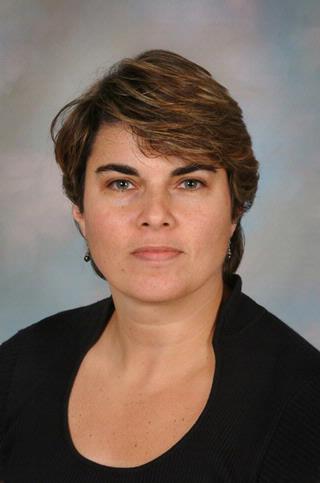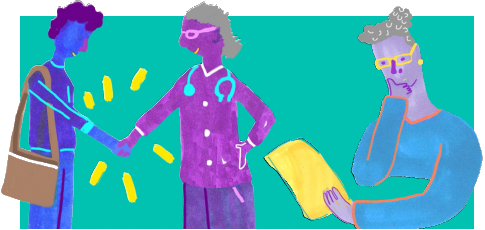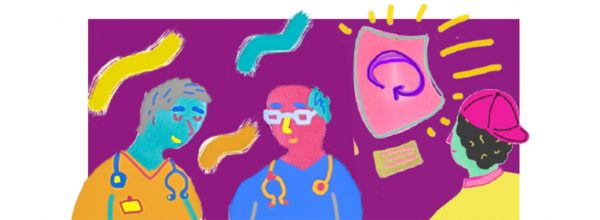The University of Rochester Medical Center is one of the nation’s leading academic medical centers. It consists of 12 hospitals, six urgent care centers, an extensive primary care network, and more than 3,000 scientists dedicated to medical research. It is also among the leading medical facilities that have adopted OpenNotes.
Dr. Lauren Bruckner , URMC’s medical director of patient engagement and attending physician in pediatric oncology, talks about how OpenNotes changed the institution.
, URMC’s medical director of patient engagement and attending physician in pediatric oncology, talks about how OpenNotes changed the institution.
Why is OpenNotes important at your facility?
The CEO of our faculty group said it best — “because this is the right thing to do for patients.” OpenNotes is a free and easy step on our institution’s journey toward better partnering and engaging with patients and their supports. This type of transparency is important in order to stay competitive as an organization, to promote brand loyalty, and to be poised to deliver deepening value to our patients and our community over time.
What impact do you think OpenNotes will have on your facility and your patients?
I think the greatest impact for our facility may not be from patients reading their notes — though that clearly has positive effects. I actually think the greatest impact has been that the process of launching OpenNotes helped us as an organization to become more patient-centric.
Culture change is really hard, slow work, but launching OpenNotes as a community-wide effort really pushed us to take a big step in the right direction. The launch process challenged our perceptions about whose data this really is and about why such information should NOT be shared. Many providers trained in an era where each doctor’s office kept their own chart, and the patient data documented in that chart was considered the property of that physician’s practice. With shared EHRs, that view had to change since many offices and hospitals all now share the same chart. OpenNotes has further challenged clinicians to rethink who “owns” the information in the notes they write — and to self-reflect on why they are uncomfortable with the idea of sharing such information with their patients.
Do you think OpenNotes can be helpful in particular patient communities, such as the underserved, LGBTQ+, geriatric population, and people with disabilities?
Yes. I think patients with poor health literacy are particularly helped by having access to doctors’ notes that they can refer back to, and/or they can allow others they trust to read the notes in order to help them better understand and care for themselves. Also, for people who distrust doctors or the medical field in general, the transparency of OpenNotes helps to promote an improved therapeutic relationship.
Find this useful or interesting? We’re constantly sharing stuff like this. Sign up to receive our newsletter to stay in the loop.


